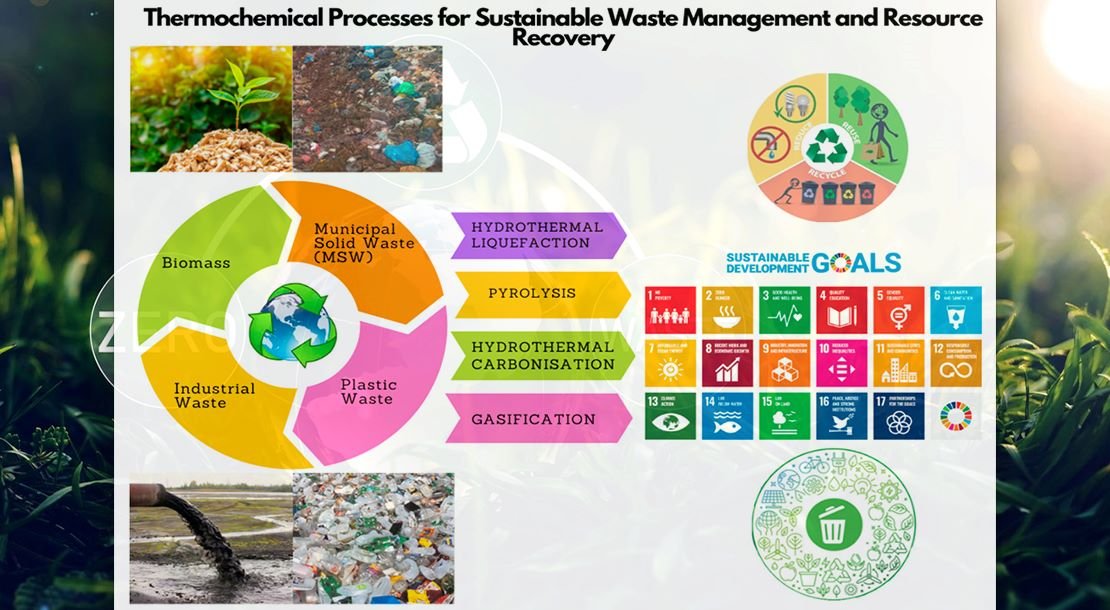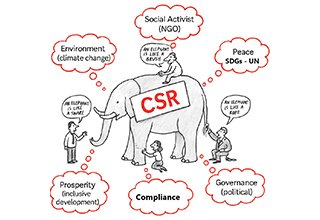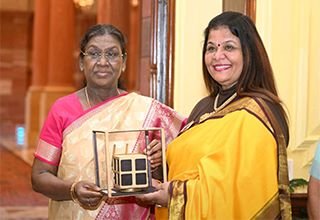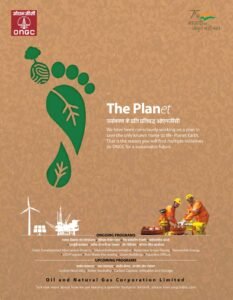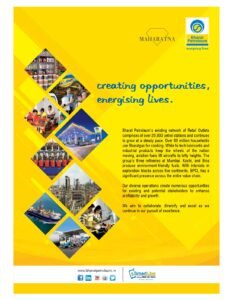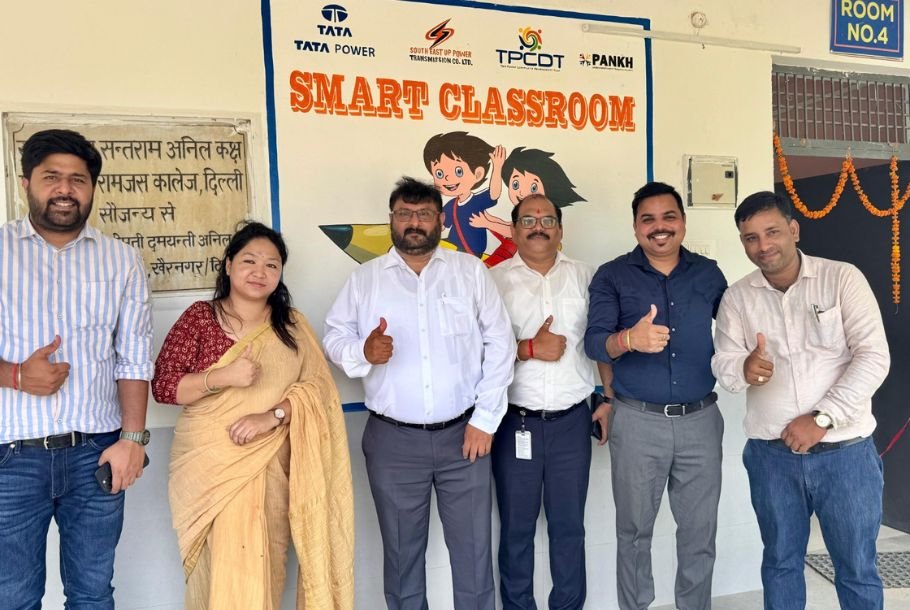
In the evolving landscape of India’s social development, where Corporate Social Responsibility (CSR) has become both a statutory obligation and a moral compass, certain organizations have emerged as catalysts of genuine, sustainable change. Among them, PANKH – an organization whose very name translates to “wings” – has been scripting an inspiring story of grassroots transformation under the leadership of its Founder Director, Surender Kumar.
When I, as the host of the CSR Times podcast- “Leading with Impact” engaged with Surender, what stood out was not just his clarity of thought but his pragmatic vision for CSR—an approach that blends empathy with execution, passion with precision. His tagline, “Chalo Kuch Accha Karte Hai!” (Let’s do something good!) encapsulates a philosophy of actionable optimism, which has translated into measurable community impact across several Indian states.
The Genesis of PANKH: Turning Intent into Impact
Surender Kumar’s journey with PANKH began not as a corporate initiative, but as a personal commitment to societal transformation. Having worked across government programs, NGOs, and CSR projects for over two decades, he recognized the gaps that often-hindered impact on the ground — fragmented implementation, lack of accountability, and absence of data-driven planning.
“CSR,” he shared, “cannot just be about cheque writing or photo opportunities. It must address real needs, with measurable outcomes and community ownership.”
This conviction led to the birth of PANKH (Society), an organization that thrives on what Surender calls the “Seven-Pillar Model of Sustainable Development.” These pillars—covering Natural Resource Management & Environment Conservation, Strengthening Agriculture & Allied practices, Skill development & Livelihood promotion, Promotion of Education. Improving Health & Sanitation Practices, Peoples/ Community Institution Development and Financial Inclusion & Innovations- Leave No One Behind Action—serve as a blueprint for holistic, interconnected progress rather than isolated interventions.
The Seven-Pillar Model: A Holistic Framework
At the heart of PANKH’s success lies a model that recognizes the interdependence of social sectors. Instead of treating each project as a silo, PANKH designs integrated initiatives that align with the Sustainable Development Goals (SDGs).
Surender elaborates: “For instance, when we introduce livelihood programs, we also ensure access to clean water, healthcare, and education for the same community. Development is sustainable only when all these pillars reinforce each other.”
This model has been instrumental in several flagship projects, most notably the SBI Sanjeevani initiative, Clean Noida, and Organic Farming and Water Management projects across Uttar Pradesh, Rajasthan & Uttarakhand.
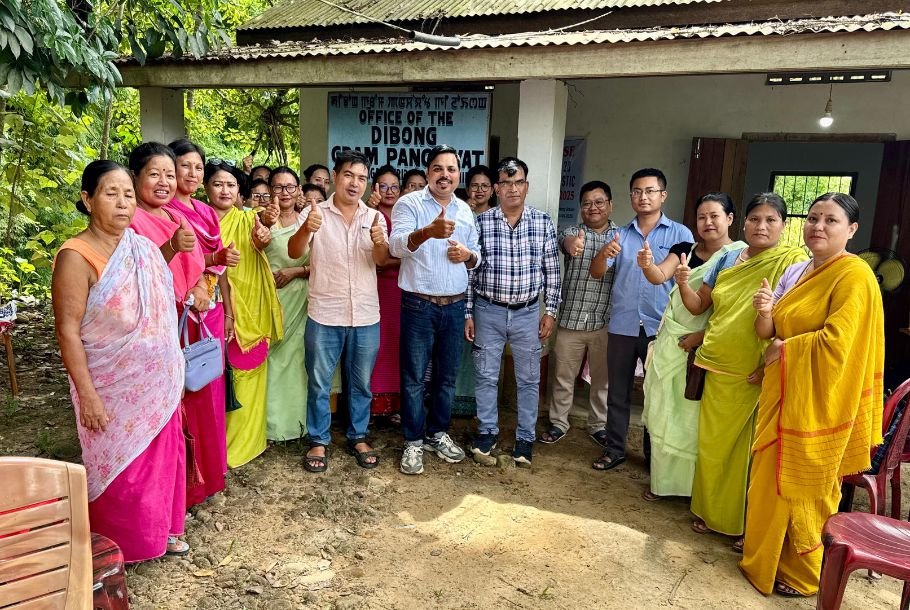
SBI Sanjeevani: Clinic on Wheels
One of PANKH’s most impactful collaborations is with the SBI Foundation for the SBI Sanjeevani project—a mobile healthcare initiative that brings primary medical services to remote areas.
In regions where healthcare infrastructure is minimal, Sanjeevani vans equipped with doctors, nurses, and essential medicines travel from village to village, ensuring continuity of care. “We realized that a large section of rural India doesn’t just need hospitals—they need accessibility,” says Surender. “By bringing healthcare to their doorstep, we reduce both time and financial barriers.”
Over the years, these initiatives have reached more than 8 lakh beneficiaries, delivering not only curative healthcare but also preventive and promotive care through health camps, teleconsultations, and awareness programs. The efforts have focused on strengthening existing livelihoods and creating new ones, promoting climate-smart and organic farming practices, and enhancing nutritional intake through capacity-building and nutrition gardening initiatives. Additionally, interventions such as the promotion of digital literacy in schools, development of smart Anganwadis, and community-led waste management programs have fostered holistic development at the grassroots level. The overall impact has been both tangible and replicable, emerging as a model of sustainable community transformation that several CSR wings are now studying for potential scaling and adoption.
National level monitoring Project-Ministry of Rural Development, GOI
PANKH possesses extensive expertise in managing national-level monitoring assignments for various Centrally Sponsored Schemes across the country. Recently, the organization successfully completed a monitoring project covering four districts of Manipur and three districts of Nagaland, along with several other locations, demonstrating its strong field presence and robust implementation capacity
Clean Noida: Redefining Urban Waste Management
Urban India’s waste challenge is staggering, and Noida—like many fast-growing cities—faced mounting issues of solid waste segregation and disposal. PANKH’s partnership in the Clean Noida Project, supported by HCL Foundation, has become a benchmark in urban CSR collaboration.
Through systematic community engagement, awareness drives, and capacity building of sanitation workers, the project has not only transformed Noida’s cleanliness index but also promoted the community & individual ownership and set up sustainable waste segregation systems. “We don’t just clean the city; we create behavioral change,” Surender explains.
Under this initiative, over 1,000 waste workers have been trained, waste segregation centers have been modernized, and communities have adopted zero-waste principles through awareness campaigns and school programs.
The result: measurable improvement in hygiene, civic pride, and municipal efficiency.
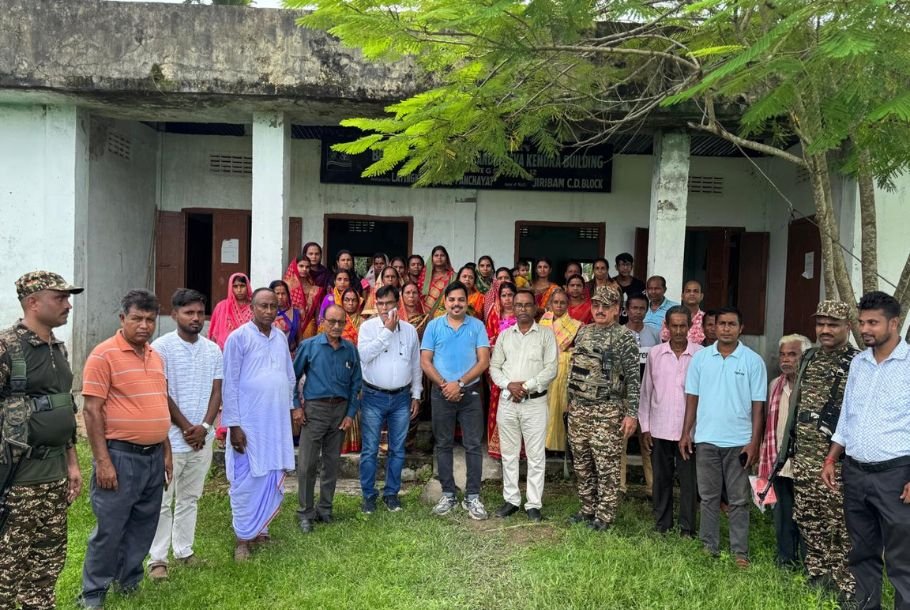
Sustainable Agriculture and Water Management
While urban initiatives are important, Surender believes that “India’s soul still resides in its villages.” Hence, a significant portion of PANKH’s work focuses on agro-based livelihoods and water conservation.
In states like Rajasthan and Uttar Pradesh, PANKH has promoted organic farming techniques, helping farmers shift from chemical-intensive practices to sustainable models that enhance soil fertility and long-term yield. Through farmer producer organizations (FPOs) and training modules, PANKH ensures that farmers are not just beneficiaries but entrepreneurs in their own right.
Equally impactful are their water management projects, which include check dams, rejuvenation of ponds, and micro-irrigation systems that have collectively improved water availability for hundreds of villages.
The emphasis, Surender adds, is always on “community ownership.” Villagers are trained to maintain and monitor the systems, ensuring that the project sustains beyond CSR funding cycles. This participatory approach not only enhances accountability but also strengthens local governance structures.
Technology and Data: The New Age CSR Imperative
One of the defining aspects of PANKH’s operational philosophy is the use of technology for transparency and impact measurement. Every project, regardless of scale, is supported by a robust data monitoring framework that tracks inputs, outputs, outcomes & impact;
“CSR in the 21st century must be evidence-based,” asserts Surender. “We use dashboards and digital audits to ensure that every rupee spent creates verifiable social value.”
This data-centric approach has helped PANKH align with global reporting frameworks such as ESG metrics and SDG indicators, making its work relevant not just to communities but also to investors and corporate partners seeking traceable impact.
Partnership-Driven Growth
Surender is quick to credit PANKH’s success to its collaborative ethos. The organization has worked with leading CSR & Govt partners including Ministry of Rural Development, SBI Foundation, HCL Foundation, NABARD, Tata Power, UTIISL and CMS Foundation, among others.
“We see ourselves as implementation partners, not vendors,” he emphasizes. “Our role is to translate corporate intent into field-level action.”
This clarity of role and accountability has built enduring trust with partners, many of whom have extended multi-year funding to PANKH projects. The organization’s internal audit systems and transparent governance have made it a preferred partner for large-scale CSR execution across states.
Building Human Capital: The Core of Sustainability
Beyond infrastructure and technology, PANKH invests heavily in human capital—from training frontline workers and community leaders to empowering women-led self-help groups.
In Surender’s view, “true CSR impact happens when people start seeing themselves as changemakers.” Whether it’s a sanitation worker in Noida, a farmer in Bundelkhand, or a youth trainee in Rajasthan, each stakeholder becomes part of the transformation story.
The result is not just improved livelihoods but enhanced dignity and confidence—key indicators of social resilience.
The Road Ahead: From CSR to ISR (Individual Social Responsibility)
As our conversation drew to a close, Surender offered a profound reflection: “CSR begins in boardrooms, but change begins in hearts. The future lies in merging corporate responsibility with individual consciousness—what I call ISR.”
He envisions PANKH as a movement where businesses, governments, and citizens co-own India’s development agenda. His optimism is rooted in evidence—years of measurable outcomes and lives transformed—but his dream extends beyond numbers.
“Every small action matters,” he says. “If each of us decides to do something good every day, collectively we can reshape our nation’s social fabric.”
A Model for Replicable, Responsible CSR
As India completes a decade since the CSR mandate under the Companies Act, 2013, the focus is shifting from compliance to competence—from expenditure to excellence. Organizations like PANKH exemplify what this next phase of CSR evolution should look like: strategic, data-backed, community-owned, and sustainability-driven.
Surender Kumar’s model is not about charity; it’s about capacity. His leadership reflects a deep understanding of both policy and people—an equilibrium that is critical for long-term development.
Through initiatives that touch lives from rural hamlets to metropolitan neighborhoods, PANKH has demonstrated that CSR, when executed with empathy and efficiency, can indeed give wings to India’s inclusive growth vision.
As the Managing Editor of CSR Times, I find PANKH’s journey a compelling case study for every CSR professional, policymaker, and business leader. It is proof that when vision meets action, development ceases to be a distant goal—it becomes a lived reality.
At CSR Times, we believe that the true measure of CSR lies not in the size of budgets but in the depth of impact. PANKH’s work under Surender Kumar’s leadership embodies this philosophy—where accountability meets empathy, and innovation meets inclusion. Their data-driven, community-centric approach sets a new benchmark for what responsible corporate engagement can achieve. As India’s CSR landscape matures, models like PANKH will continue to inspire organizations to move beyond compliance and create real, measurable change at the grassroots.

Dr. Shabnam Asthana,
Managing Editor, CSR Times


